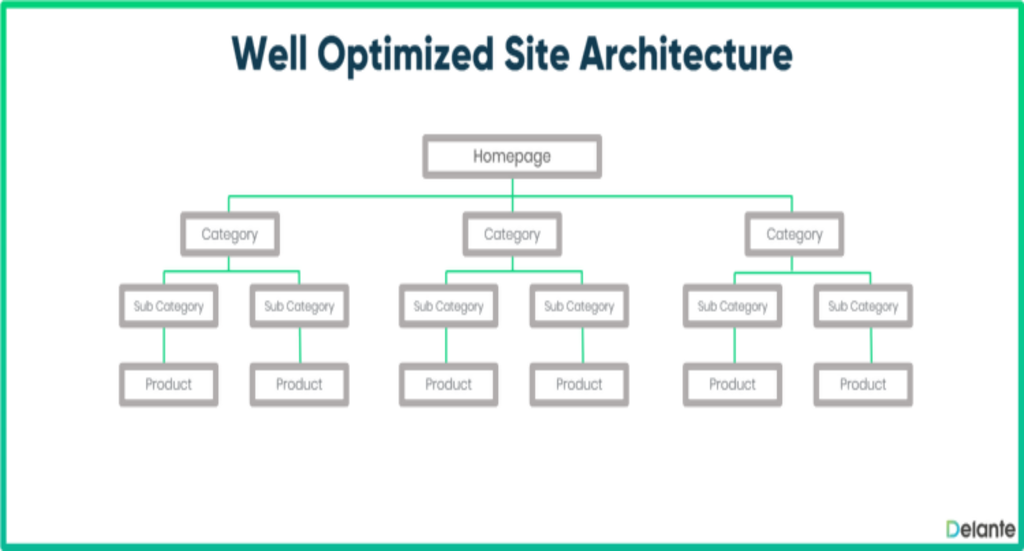In the dynamic world of e-commerce, mastering search engine optimization (SEO) is key to boosting organic traffic and enhancing online visibility. As we step into 2024, staying abreast of the latest SEO strategies is imperative for e-commerce businesses striving to outshine competitors. This comprehensive guide aims to furnish you with valuable insights and actionable tips to fine-tune your e-commerce website for search engines, maximizing your online success.
Understanding User Intent and Conducting Keyword Research
Effective SEO commences with grasping user intent. Identify keywords and phrases your target audience might use in their product searches. Utilize keyword research tools and analytics data to discover relevant, high-search-volume, and low-competition keywords. Optimize your product descriptions, titles, and meta tags to boost your website’s visibility in search engine results.
Leveraging Amazon Autocomplete
Amazon autocomplete, a treasure trove of shopper insights, unveils real-time search trends. Delve into broad terms, explore specific variations, and analyze their order to mine relevant keywords. Filter out irrelevant ones, and craft a keyword feast tailored to your audience. Remember to be original, avoiding copy-pasting. Regularly leveraging autocomplete will optimize your e-commerce SEO, propelling your visibility and sales

Website Architecture
Simplified and Intuitive Navigation
Employ a clear and concise navigation menu featuring well-defined categories and subcategories for easy customer navigation.
Effective Use of Product Categories and Subcategories
Organize products logically with multiple levels of categories and subcategories for large catalogs.

High-Quality Product Images and Descriptions:
Showcase large, clear product images with informative and persuasive descriptions.
User-Friendly Product Search:
Include an easily accessible search bar on your website.
Utilizing Breadcrumbs:
Implement breadcrumbs to guide customers and enhance navigation.
On-Page Elements Optimization for E-commerce SEO
Title Tags and Meta Descriptions
Craft unique, compelling title tags and meta descriptions incorporating relevant keywords.
Product Descriptions
Develop informative, engaging, and original product descriptions without keyword stuffing.
URL Structure
Create short, descriptive URLs with relevant keywords, avoiding dynamic parameters.
Image Optimization
Optimize product images with descriptive file names and alt tags for improved page loading speed and use WebP image format
Internal Linking
Establish a logical internal linking structure using descriptive anchor text to aid search engine understanding.
Technical SEO
Focus on key areas for a robust technical SEO foundation:
Crawlability and Indexing
Ensure an accurate robots.txt file, submit a sitemap, and optimize internal linking for effective crawling.
Page Speed
Optimize for fast loading times using tools like Google PageSpeed Insights.
Mobile-Friendliness
Prioritize a fully responsive and mobile-optimized website for improved search rankings.
Content and Structure
Implement structured data markup, optimize product pages, category pages, and create valuable blog content.
Technical Aspects of E-commerce SEO
Ensure HTTPS security, use canonical tags to avoid duplicate content, and implement structured data markup.
Leverage Content Marketing and Blogging
Establish a robust content marketing strategy by creating high-quality, relevant content through a blog. Regularly publish articles, product guides, and tutorials. Share content on social media platforms to increase brand visibility and attract backlinks from authoritative websites.
Build High-Quality Backlinks
Create a strategic link-building plan to acquire high-quality backlinks. Focus on relationship-building, guest posting, forum participation, and leverage social media to amplify your content.
Monitor and Analyze Performance
Regularly monitor and analyze your e-commerce website’s performance using tools like Google Analytics and Google Search Console. Track key metrics such as organic traffic, conversion rates, bounce rates, and keyword rankings. Use these insights to identify areas for improvement and refine your SEO strategies accordingly. Explore powerful solutions for seamless e-commerce success with our cutting-edge ecommerce solution.

